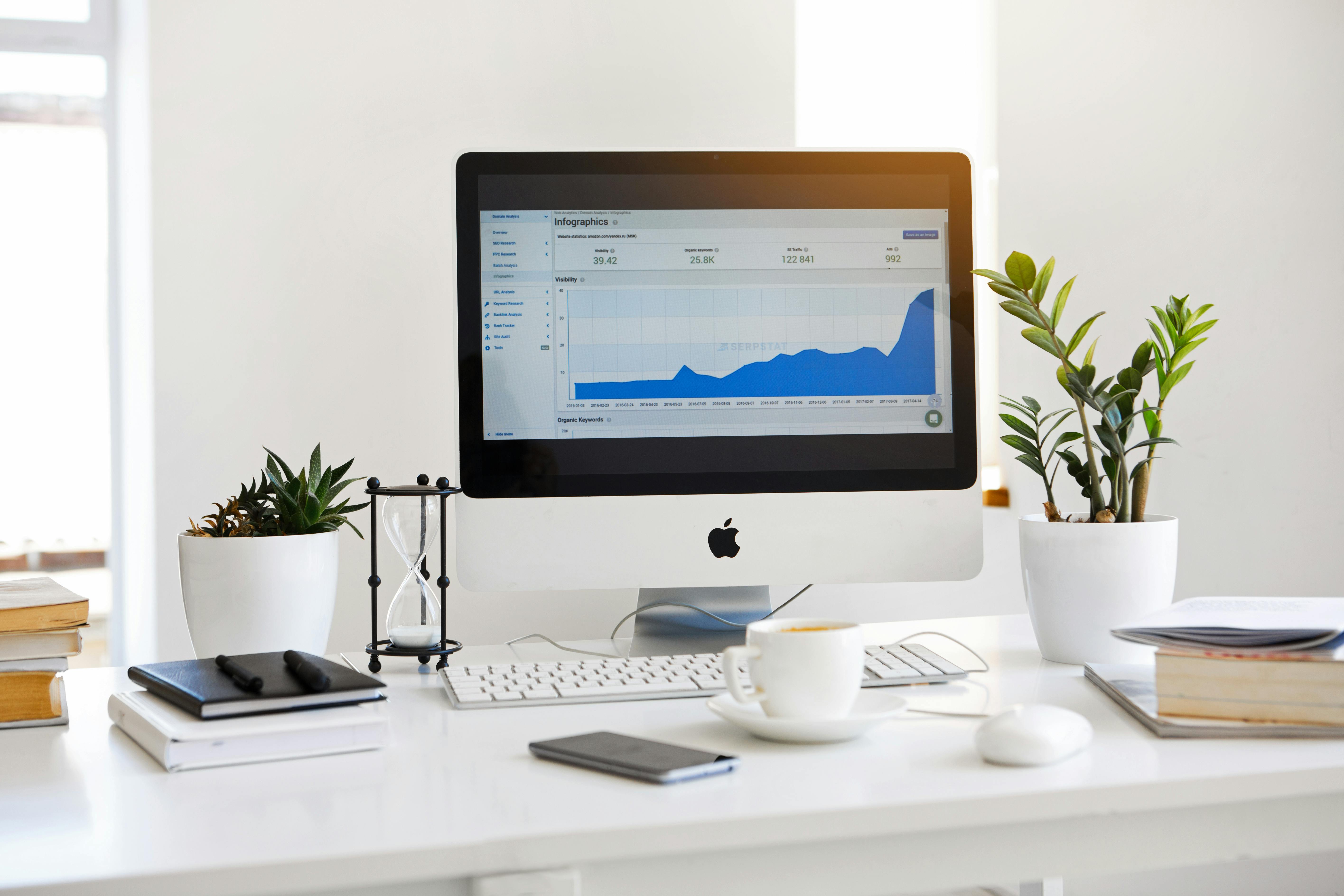Data and Ethics
The concept of ethics in a data driven world has gained traction over the last few years. Companies, large or small, have ever-growing need and access to data (personal and non-personal). Conversely, there is increasing legislation worldwide to regulate data used by businesses.
Can ethics and data be used in the same sentence?
Ethics may be defined as ‘the science of morals in human conduct’. When we relate that to data, it is clear that we are discussing a higher standard by humans who make decisions on how data is used.
With that definition comes a few questions:
Can the concept of ethical data use be valued in businesses where the core is to drive profitability?
Should we consider a generally accepted ethical standard in the similar way compliance standards have evolved over the years?
How should companies’ ethical views be governed?
Companies are legal entities that are run by individuals who make decisions on behalf of the company. These individuals have their own personalities, views, ethical and moral values in amongst other characteristics and these individuals are the eyes and ears of an organisation. So how do we ensure that a company run by individuals place data ethics at the core of their business operations.
It is worth acknowledging that decisions on how data is used in companies is rarely ever made at the C-suite level. C-suite does not need to know the intimate details of how data is analysed, shared, stored, transferred, sold, purchased etc. in order to achieve success or profitability of its organisation.
Why ethical data use is necessary
Given the globalised cross-sector use of data it is clear that data (personal and non-personal) has no borders.
With the continued advancement of technology in areas such as AI and machine learning, the potential for mis-use of data grows exponentially in our data driven world. The balance of power continues to shift for data driven organisations and those that can produce savvy data analyses that make life even more convenient for individuals keep rising.
What next?
… That is the question… but we know that whatever it is individuals need to develop a better understanding of how their data is handled. That is more likely to determine the governance of ethical data use.
If you would like further information on the above or wish to discuss other data privacy matters, you can contact us at inform@taceo.co.uk



